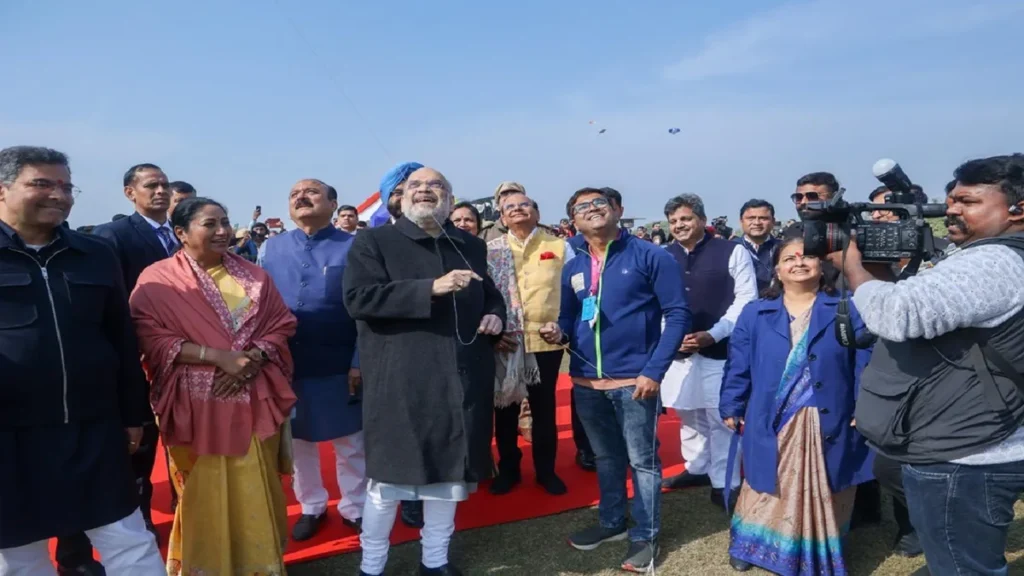On a day characterized by heavy rainfall, the Mumbai Monorail faced a significant disruption, leaving nearly 100 passengers stranded. The unexpected breakdown occurred during a time when the monorail was already operating under challenging weather conditions, highlighting the vulnerabilities of urban transport systems in adverse climates. The incident raised concerns about the infrastructure’s ability to withstand extreme weather, a growing issue in many metropolitan areas worldwide. As the rain poured down, passengers found themselves in a precarious situation, trapped inside the monorail cars, with no immediate assistance in sight.
The breakdown prompted a swift response from local authorities and the Mumbai Monorail Corporation, who worked tirelessly to restore services and ensure the safety of those on board. Emergency teams were dispatched to the scene, where they began the process of evacuating passengers. Communication between the monorail staff and the passengers became crucial during this time, as officials provided updates on the situation and reassured those stranded that help was on the way. The incident served as a poignant reminder of the importance of contingency planning and efficient crisis management in public transportation systems, particularly as climate change continues to challenge existing infrastructure.
As the situation unfolded, the passengers’ experiences varied widely, with some expressing frustration over the delays and others displaying commendable patience and resilience. Many used the time to connect with fellow commuters, sharing stories and concerns about the reliability of public transport in Mumbai. This event not only tested the operational limits of the monorail but also highlighted the human aspect of commuting—how individuals can come together in times of adversity. Once the monorail resumed operations, authorities initiated a thorough investigation to determine the cause of the breakdown and to implement measures aimed at preventing similar incidents in the future.
The Mumbai Monorail’s breakdown amid heavy rain serves as a critical case study for urban planners and transport authorities worldwide. It emphasizes the need for robust infrastructure that can adapt to changing weather patterns while ensuring the safety and comfort of passengers. As cities continue to grow and climate challenges intensify, lessons learned from such incidents will be invaluable in shaping the future of public transportation. Ultimately, the response to this incident will not only impact the immediate passengers but could also influence broader discussions about urban mobility, sustainability, and resilience in the face of climate change.




